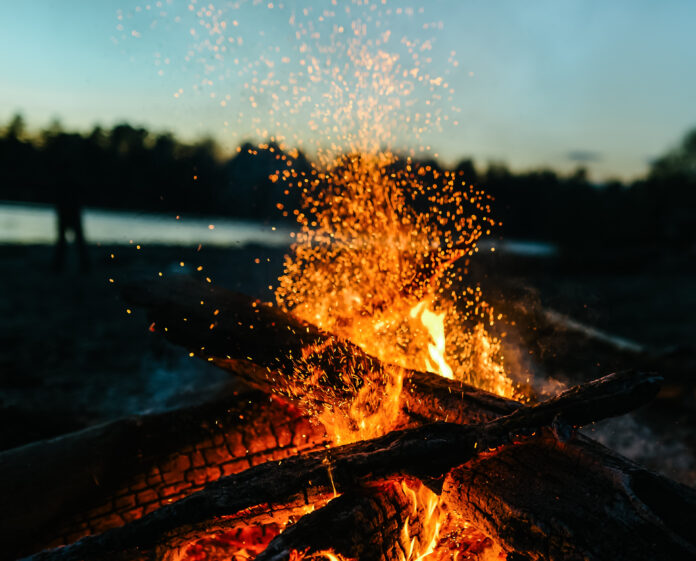In a recent interview with My True North Now, Mike Westwick, the Wildfire Information Officer with the GNWT shared some of his thoughts on last year’s wildfire emergency, as well as some of the actions that are now being taken by Environment and Climate Change to help prevent a similar situation.
2023 saw the largest wildfire season that the NWT had ever seen, impacting the residents of the North in many different ways. What made things more challenging was the weather conditions that lead up to the fires. The NWT saw very little rain or moisture of any kind, creating very dry conditions that were perfect for a fire to spread.
Westwick stated that these conditions made organizing operations to fight the fires and help people incredibly challenging, but that he also saw individuals step up to help in whatever ways they could.
“I think that there was a massive group of people, not just from the Northwest Territories but from across Canada here, doing absolutely everything they could to get people home as quickly as possible and get them home safe.
“The work I saw firsthand from folks on the ground there was absolutely admirable. Everybody was doing the absolute best under a very difficult situation put forth by Mother Nature, that’s for sure.”
Mike was also able to share some of the actions currently being taken to tackle any overwinter fires that have popped up.
“We’ve targeted some infrared scanning missions with fixed wing aircrafts in areas where we saw significant fire last year. So kind of focussed around the areas of Fort Smith, Hay River, Yellowknife, Dettah, out towards Sombaa K’e as well as to the southeast of Jean Marie River, in order to check and see if there’s any overwinter fires that have hidden under there. We did find a couple out towards the Fort Smith area, and we did act on those right away and were able to get them under control.”
Westwick added that they have been in communication with the Government of Alberta about any fires that may be occurring on their side close to the border.
“It’s a really good step taken this year after a year with really significant fire activity where we can expect to see some lingering, overwintering fire after a year like that. We saw more than ten confirmed after our last biggest year in 2014.”
Mike explained that firefighting operations don’t usually start until later in May, but they have been performing training and making use of aircraft much earlier, and already have a head start.




